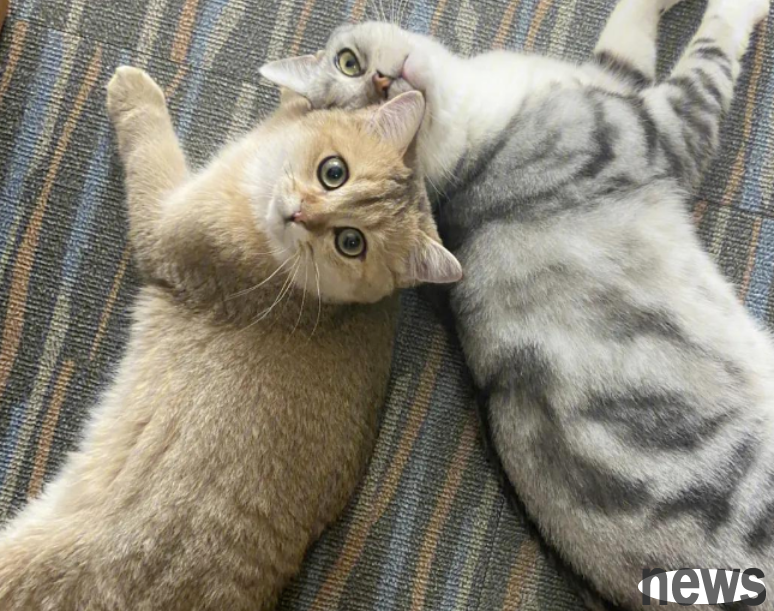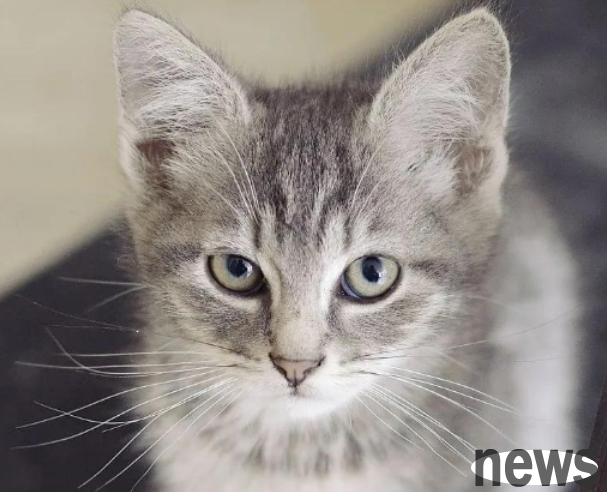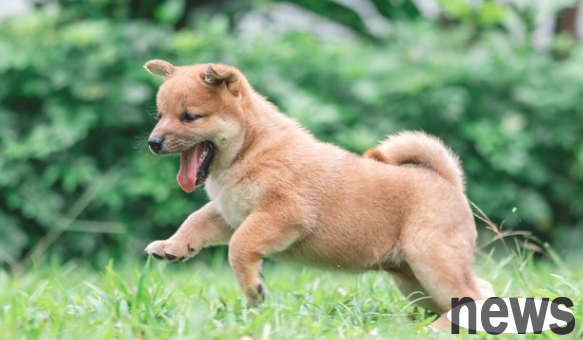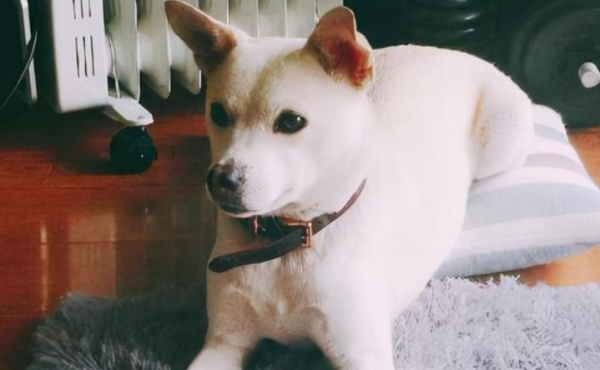Male cats have no feelings for their furry children, and they do not assume the responsibility of raising children may even hurt the kittens.
In nature, male cats play an important role in the breeding process, but they usually do not participate in the raising of offspring. The reasons behind this phenomenon involve multiple biological and behavioral factors.

First, let us understand the role of male cats in breeding. The male cat's reproductive organs produce sperm during mating, which will bind with the eggs in the female cat's body to form fertilized eggs, thereby reproducing offspring. However, the genetic contribution of male cats is basically over after the fertilization process is over, as female cats take on the responsibility of pregnancy and raising young people.
So, why don’t male cats bear the responsibility for raising? This is mainly because they do not evolve the physiological structures and behavioral characteristics associated with raising offspring. The reproductive organs of male cats evolved for mating, not for raising offspring. Therefore, they lack the ability to feed and care for pups associated with raising pups.
In addition, male cats often lose attention to female cats and their offspring soon after the breeding season ends. This is because they need to improve their chances of gene delivery by constantly finding new breeding partners. If male cats pay too much attention to their offspring, it may affect their reproductive efficiency, thereby reducing their competitiveness in natural selection.

It is worth noting that although male cats do not actively raise their offspring, they sometimes protect their territory and cubs with their female cats. This behavior usually occurs when there is a stable social relationship between male and female cats, such as family members or partner relationships. In this case, a male cat may provide some level of protection and support, but this behavior is usually not out of direct concern for the pups, but rather to maintain a relationship with the female cat.
In human-pet interactions, we sometimes observe male cats showing interest or aggressiveness in their pups. This may be due to individual differences and situational factors. Some male cats may become curious about their pups and even try to play with them, but that doesn't mean they are raising their responsibilities. Other male cats may be aggressive because of territory, resources, or sense of threat. In these cases, proper training and management measures can help reduce potential conflict and harm.

In short, male cats play an important role in breeding, but are usually not involved in the raising of offspring. This behavioral pattern is a result of the combined action of biological and behavioral factors. While male cats may not take the initiative to take care of parenting, in some cases, they may provide some level of protection and support. Understanding the behavioral characteristics and biological limitations of male cats helps us better understand their role in reproduction and breeding and take appropriate measures to deal with interactions with pet cats.




